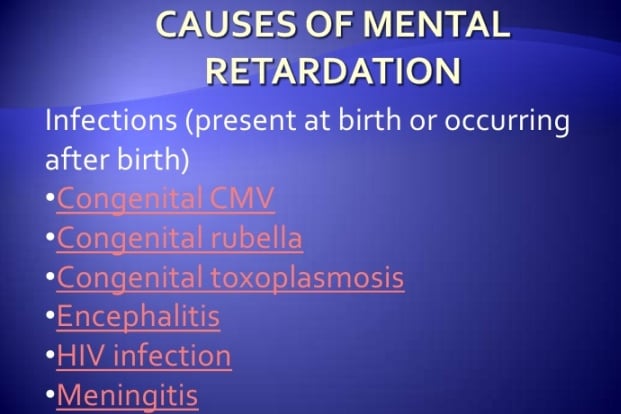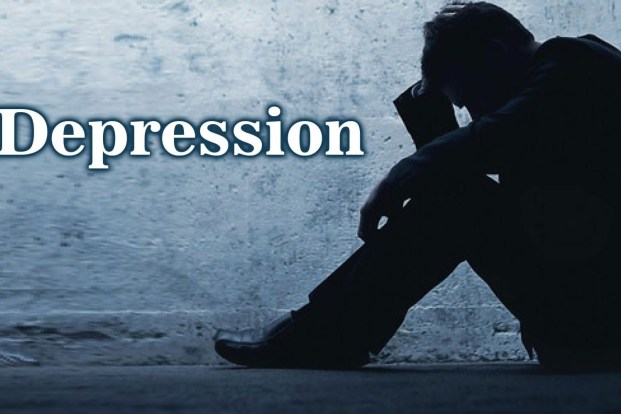Categories
- Bariatric Surgery (11)
- Black Fungus (5)
- Bone Marrow transplant (3)
- Brain Tumor Surgery Navigation Technology (20)
- Cardiac Surgery (66)
- Cardiology (97)
- Computer navigation technology for joint replacements (20)
- Covid Vaccination (17)
- Critical Care (2)
- Dental (19)
- Dermatology (31)
- Dialysis Support Group - “UTSAAH” (11)
- Dietitian (33)
- Emergency Medicine (4)
- Emotional Health (11)
- Endocrinology (33)
- ENT (20)
- Gastroenterology and GI Surgery (53)
- General and Laparoscopic Surgery (21)
- General Surgery (4)
- Gynecology & Obstetrics (183)
- Hematology (20)
- Internal Medicine (294)
- Kidney Transplant (50)
- Kidney Transplantation (20)
- Lung Cancer (8)
- Minimal Invasive Surgery (1)
- Mother & Child (20)
- mucormycosis (5)
- Nephrology (61)
- Neurology (147)
- Neurosurgery (68)
- Nutrition and Dietetics (107)
- Omicron Variant (1)
- Oncology (288)
- Ophthalmology (10)
- Orthopaedics & Joint Replacement (86)
- Paediatrics (59)
- Pediatric Nephrology (3)
- Physiotherapy (5)
- Plastic & Reconstructive Surgery (6)
- Psychiatry and Psychology (90)
- Psychologist (28)
- Pulmonology (72)
- Rheumatology (13)
- Spine Services (21)
- Transradial Angioplasty (16)
- Urology (84)
Query Form
Posted on Apr 19, 2022
Can stress lead to mental health disability?
The word stress implies an experience of disadvantages emotions that comes in the wake of anticipated physiological, biochemical, cognitive and behavioral changes that work towards either changing the stressor or making adjustments to its effects. Stress is a part that puts the bodily systems under strain in order to cope with the environmental demands that bring about psychological and biological changes that could account for an illness.

If stress is continued or prolonged, it can leave adverse effects on body’s immune, cardiovascular, neuro endocrine and central nervous systems. When chronic stress goes untreated it can result into serious disabilities like insomnia, weakened immune system, high blood pressure, anxiety and muscle pain. It can also play a role in developing major disorders like depression, heart disease, obesity and other mental health disability. The pathway between stress and mental illness can be better understood with a thorough comprehension of physiology of stress. There are two connection systems that are involved when experiencing stressful events; sympathetic adreno-medullary (SAM) system and hypothalamic-pituitary-adrenocortical (HPA) axis. In SAM activation, when a person is faced with a stimulus that disturbs his homeostasis it is labeled as a stressor by the cerebral cortex. Details information travels to the hypothalamus which initiates the fight or flight response. The stimulates the adrenal medulla to secrete the catecholamine (epinephrine and norepinephrine). The combined effect of two produces an aroused bodily system i.e. high blood pressure, sweating, palpitation, constriction of blood vessels etc. While in HPA activation, hypothalamus is called to secrete corticotrophin-releasing hormone (CRH). It rouses pituitary gland which in turn releases adrenocorticotropic hormone (ACTH). This stimulates the adrenal cortex to secrete glucocorticosteriods. Among these, cortisol is the most important. It stores carbohydrate and less inflammation and helps the body returning to its original, steady state before the stress. Prolonged HPA activation due to continued stress has been related with serious diseases. Evidences have been found that the combination of emotional arousal and neuroendocrine stimulation due to prolonged stress causes chronic insomnia. As sleep is imperative for bodies restoration, its disturbance and deficiency implies a significant pathway to disease.



